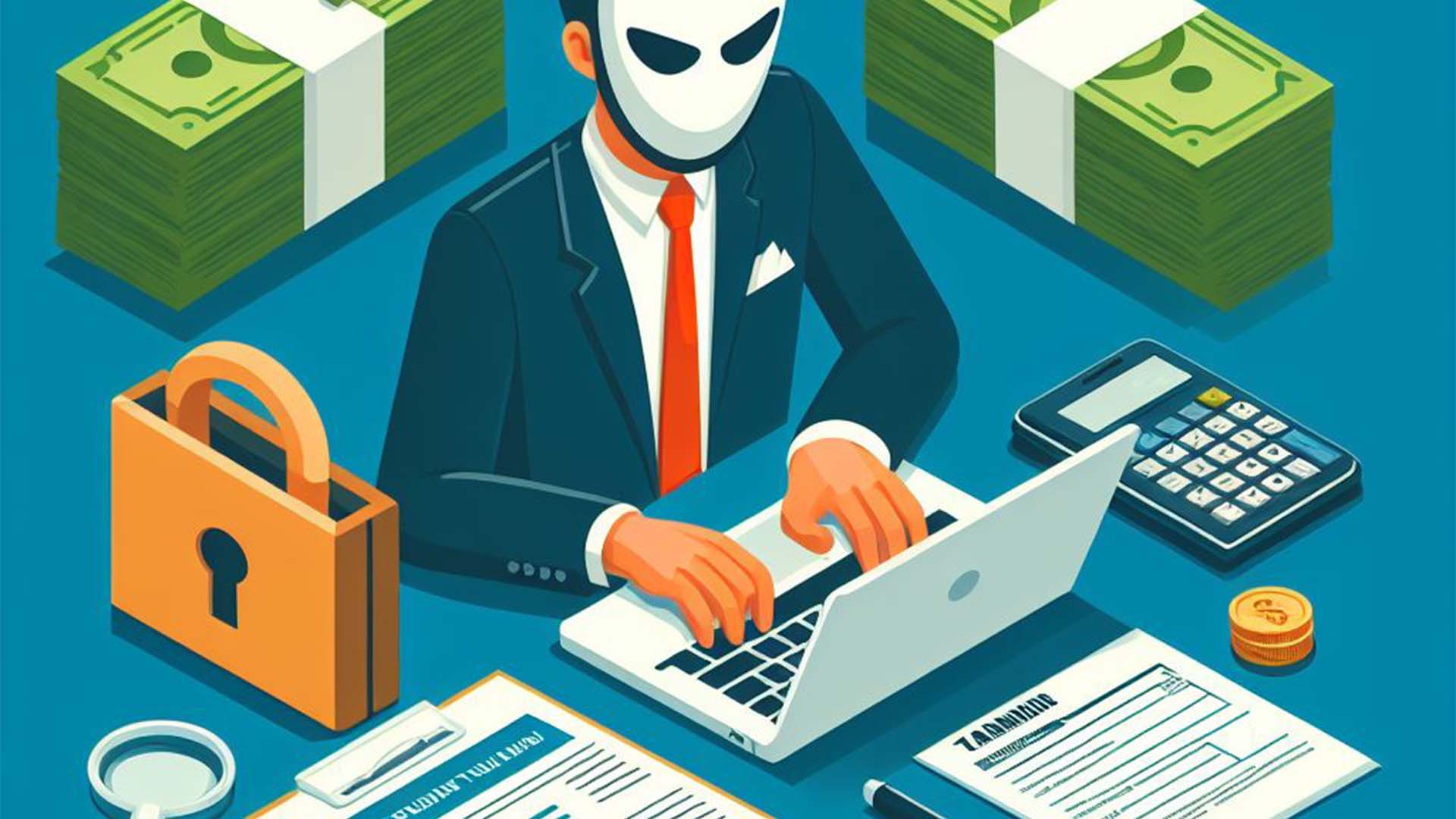Identity theft poses a global threat, with increasing numbers each year. Taking proactive steps is crucial. Start by investing in top-notch identity theft protection to thwart potential attacks and monitor suspicious activities effectively.
Tax-related identity theft can complicate matters further. If someone steals your identity to claim your tax refund using your Social Security number, it can lead to various problems, including difficulties in paying back taxes. The loss of a tax refund brings both financial and logistical burdens.
To safeguard against tax-related identity theft, follow these practical tips. Despite taking preventive measures, everyone remains vulnerable to risks.
To protect against identity theft, ensure your Social Security card is securely stored, preferably at home. Avoid carrying it, especially while traveling or shopping, to minimize the risk of opportunistic theft.
Identity theft often involves stealing Social Security numbers (SSNs), which are crucial for IRS and state tax identification. Safeguarding your SSN is essential to prevent fraudulent tax returns and financial harm.
To safeguard your Social Security number, keep it private and be cautious of requests, especially via email. Review your Social Security Administration statement regularly for accuracy and promptly report any errors to the IRS.
Enhance password security with a reliable manager for all your sensitive accounts, including taxes and banking.
Maintain robust security measures on all devices to thwart fraudsters. Invest in spam and antivirus protection to prevent identity theft.
Before disposing of old devices, ensure all personal data is wiped clean to avoid potential breaches.
Beware of phishing emails impersonating tax departments or banks. The IRS never contacts individuals via email; be wary of any such requests.
Dispose of physical documents containing personal information securely, preferably with a quality shredder.
Opt out of credit card solicitations to minimize the risk of personal information falling into the wrong hands.
Invest in a locked mailbox to prevent identity thieves from accessing your mail and reduce the risk of fraudulent activity.
In case of suspected fraud or unauthorized use of your Social Security number, contact the IRS and submit Form 14049, the Identity Theft Affidavit.

Leave a Reply